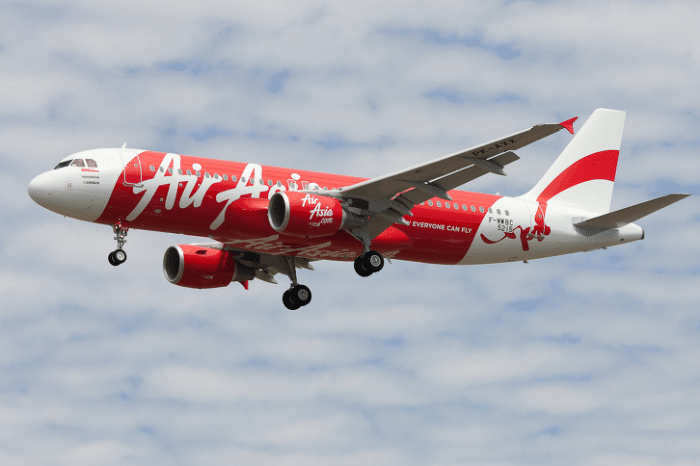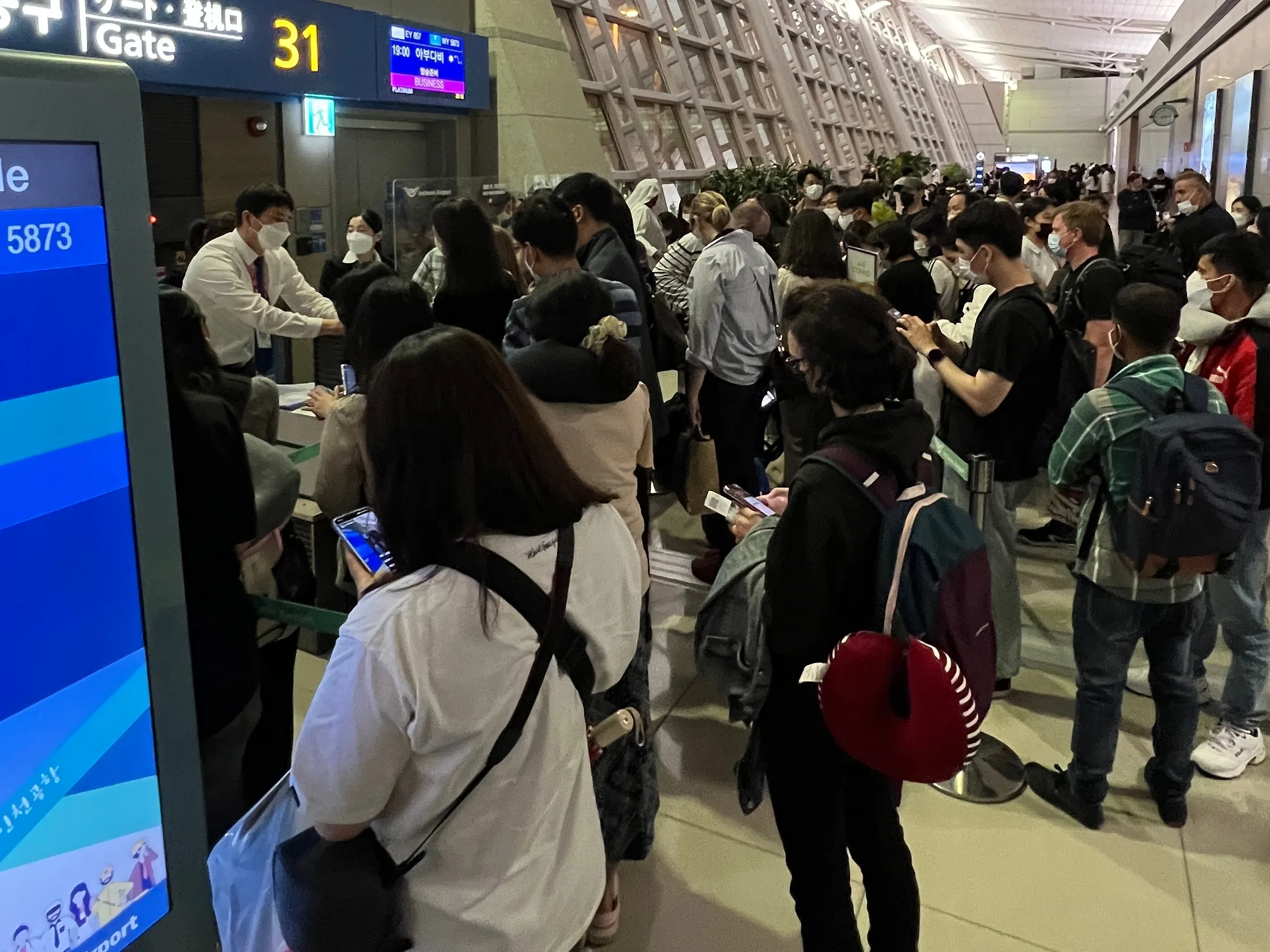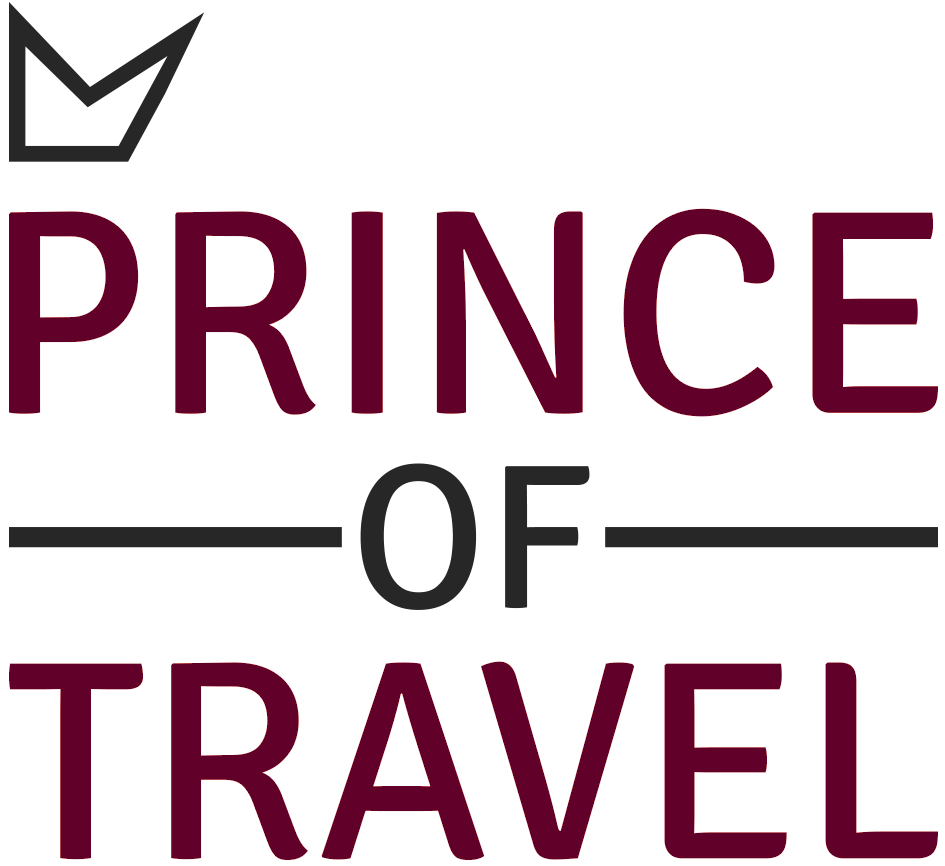Should You Book Flights with an Online Travel Agency?

Online travel agencies like Expedia promise unbeatable convenience.
Cheap flights, pleasant UX, and all your travel needs can be booked and managed in one place.
But if you asked a frequent traveller whether booking through one of these platforms is a good idea, they’d almost certainly say no.
Why?
Because they’ve learned (probably the hard way) that what starts as a blessing can quickly turn into a headache when things go sideways.
Flight delays, cancellations, or even minor hiccups can quickly become major hassles when you’re not dealing directly with the airline.
But here’s the deal: what if you found an eye-popping deal on an online travel agency? Should you jump on it?
The answer, as with many things in travel, is “it depends.”
In this article, we’ll break down when it’s worth the gamble and when you’re better off playing it safe.
Hidden Risks of Booking Flights with Online Travel Agencies
Online travel agencies (OTAs) like Expedia or Booking.com act as middlemen between you and the airline, selling flights under agreements that often net them a small commission—much like a traditional travel agency.
Sometimes, though, OTAs get crafty. They buy flights from “consolidators” who sell seats at a discount, which allows them to undercut the airline’s prices. And while this sounds like a win for your wallet, there’s more to the story.
In some cases, OTAs sell flights at a loss, banking on the idea that you’ll add extras to your booking like hotels, airport transfer services, travel insurance, lounge access, or VIP support.
I personally dodge those endless upselling pop-ups, but let’s face it: even if a small percentage of people bites, it’s likely a decent win for the OTAs.

They’ll also happily charge higher fees for airline add-ons, such as checked baggage or meals, compared to booking directly with the airline.
But let’s say you’ve dodged all these curveballs and successfully snagged your flight. Well, get ready—your inbox is about to be flooded with marketing emails urging you to plan your “next” trip, even though your current one hasn’t even started.
Anyway, here’s where things get tricky.
When you book through an OTA, the agency “controls” your booking. This means any changes, cancellations, or refunds usually have to go through them—not the airline.
It’s a way for airlines to offload their after-sales work onto the OTA in exchange for a cut of the profits.

Now, if everything goes smoothly, you’re in luck.
But when things go sideways (and let’s be honest, when’s the last time you had your flight depart on time at Toronto Pearson International Aiarport?), it can get messy.
Airlines may refuse to help with changes or cancellations, sending you back to the OTA, which might charge you a service fee for the privilege, sometimes as high as $30–50 (USD).
The absolute worst? When the OTA sends you back to the airline, and you’re suddenly caught in the dreaded blame-game ping pong, with neither side taking responsibility.
And refunds? Well that’s the ultimate patience test.
Any funds owed typically go to the OTA first, not to you. Before you see a single cent, the OTA will likely skim off its own fee on top of any penalties charged by the airline.
Yes, you’re paying extra for the pleasure of waiting longer.

Another strike against OTAs is their lack of personalized customer service. Unlike direct airline support agents, who often have deep industry knowledge, OTA customer service teams tend to rely on generalists.
I’ve been in far too many scenarios where the agent was clearly reading off a manual, reciting generic scripts without understanding the actual issue, offering no practical solutions.
It felt less like customer service and more like a patience endurance test.
You maybe able to escalate your issue to a higher level support if you push it hard enough, but this normally means you have to play another waiting game while your problem makes its way up the chain.
Factors to Consider When Booking with an Online Travel Agency
Despite all the horror stories we’ve covered, there are times when the price difference between booking directly with the airline and using an online travel agency (OTA) is just too big to ignore — especially when we’re talking about savings in the hundreds of dollars.
When faced with this dilemma, your decision ultimately comes down to your comfort level. Booking with an OTA can be a bit of a gamble, especially if you’re venturing beyond well-established names like Expedia or Trip.com.
Here are the key factors you should weigh before clicking that “Book Now” button:
1. The OTA’s Reputation
Not all OTAs are created equal. Some have stellar reviews and reliable customer service, while others are notoriously predatory.
These less reputable agencies often weed out critical information in their terms and conditions, charge excessive fees for changes, and are painfully slow…or entirely unresponsive when you need assistance.
Stick with trusted names to minimize your risk.
2. The Cost of Your Booking
If you’re booking an expensive ticket, such as a business class flight, it’s usually wiser to go through the airline. High ticket bookings mean more at risk if something goes wrong, and having to chase refunds or resolve issues through an intermediary can be a nightmare.
3. The Importance of the Booking
Not all flights are created equal. Itineraries like a honeymoon or a flight to attend a family emergency, it’s simply not worth the risk of things going wrong. The potential stress, wasted time, and energy far outweigh any cost savings.
Save the OTA gamble for less significant flights, like short-haul or budget tickets—those you won’t lose sleep over if things don’t go as planned.
4. The Likelihood of Changes or Disruptions
Perhaps the most crucial factor: do you anticipate needing to modify your booking? Is your airline/airport notorious for being delayed?
If there’s even a small chance you’ll need to cancel, reschedule, or make adjustments, booking directly with the airline is your best bet.
Airlines are often more flexible when it comes to changes, and in some cases, they may escalate your issue for consideration. OTAs, on the other hand, are bound to the strict terms and conditions set by the airline, with little to no wiggle room when you’re in a bind.
When Should You Consider an Online Travel Agency
In addition to when the cost is considerably lower with an OTA, here are situations when you might consider booking flights with an online travel agency instead of directly with the airline.
Your Credit Card Offers Credits or Higher Points Earning
Many credit cards come with perks tied to either in-house or partnered travel agencies, offering consumers the chance to rack up more rewards or use travel credits. Let’s dive into two popular examples:
American Express Travel
American Express Canada operates its own online travel agency, Amex Travel, headquartered in Toronto.
If you hold the American Express Platinum Card or the American Express Gold Rewards Card, you can use your annual travel credit—$200 or $100, respectively—on flights booked via Amex Travel.
First-year value
$1,181
Annual fee: $799
• Earn 80,000 points upon spending $10,000 in the first 3 months
• Plus, earn 30,000 points upon spending in month 13
Earning rates
Key perks
- $200 annual travel credit
- $200 annual dining credit
- $100 NEXUS credit
- Unlimited Priority Pass lounge access
- Marriott Bonvoy Gold Elite status
- Platinum Concierge

Annual fee: $799
• Earn 80,000 points upon spending $10,000 in the first 3 months
• Plus, earn 30,000 points upon spending in month 13
Earning rates
Key perks
- $200 annual travel credit
- $200 annual dining credit
- $100 NEXUS credit
- Unlimited Priority Pass lounge access
- Marriott Bonvoy Gold Elite status
- Platinum Concierge
One of the biggest advantages of Amex Travel is its customer support. The after-sales team is staffed by knowledgeable travel agents who are experienced in airline ticketing. Thanks to this, booking flights through Amex Travel carries little risk compared to other OTAs.
Expedia for TD
Another example is the partnership between TD Rewards and Expedia.
With the flagship TD First Class Travel® Visa Infinite Card*, you’ll earn 8 TD Rewards points per dollar spent on eligible travel booked through Expedia for TD, including flights. Even if the charge on your card appears under the airline’s name, you’ll still earn points at the elevated rate—equivalent to up to a 4% return on your purchase.
50,000+ travellers get this email
Weekly deals, credit card insights, and points strategies – free forever.

The Essential Guide to TD Rewards
Read moreNow, the big question: Is it worth the risk of booking through Expedia for the higher earning and redemption value?
Anecdotally, Expedia’s customer service agents aren’t exactly known for their airline ticketing expertise. If you need to make changes to your booking, you might encounter some challenges.
However, as a reputable travel agency, Expedia tends to have better support agents compared to many other OTAs, and I’ve found them to be quite cooperative when it comes to processing refunds.
Ultimately, though, deciding whether to book through an OTA for these perks boils down to your personal comfort level. Consider the trade-offs carefully and choose what aligns best with your travel priorities.
For Airlines That Are Difficult to Book With
Sometimes, using an OTA is the best (or only) option when booking airlines that make it nearly impossible for international travellers to secure tickets. Think of airlines that operate a few domestic routes but only accept local credit cards, or those that require you to make a phone call to make a booking.

A prime example is airlines from sanctioned countries. Russian carriers, like S7 Airlines and Pobeda Airlines, often can’t process payments from “Western” credit cards issued by Visa or Mastercard. To book these tickets, you’ll need to turn to an OTA based in a country that maintains ties with Russia. Trip.com is a reliable option in this case.
OTAs simplify the process by handling these challenging bookings for you, eliminating the need to worry about whether your card will work or how to wire money to the airline.
Low-cost Airlines
Many low-cost airlines, such as AirAsia and Jetstar, charge credit card processing fees, and booking through an OTA might exempt you from them.
An added bonus here is that, unlike legacy airlines, low-cost carriers usually let you manage your booking directly through their website, even though you bought through an OTA. This way, you can make changes online on your own (like rebookings or adding bags) without having to go through the OTA.
Conclusion
While the safest bet is to book flights directly with the airline, there are certain scenarios where using an online travel agency (OTA) might make sense.
For most people, the price difference is the biggest draw, especially when an OTA offers flights for hundreds of dollars less.
However, as we’ve discussed, there are other situations where booking with an OTA can make sense, such as when dealing with hard-to-book airlines or leveraging credit card perks tied to specific OTAs.
Personally, I don’t mind using OTAs for short-haul flights in Asia. In my experience, even generalist customer support tends to be quite decent there, and flight delays are less common, making the risk much lower.
The key takeaway? You don’t have to swear off OTAs entirely—just be smart about how and when you use them.
And always, always read the fine print. Thanks to AI tools, checking terms and conditions has become easier than ever, so take the time to thoroughly review the details before finalizing your booking.

Jason thrives on connecting with the heart of a destination, seeking out experiences that go beyond the guidebooks.
First-year value
$1,181
Annual fee: $799
• Earn 80,000 points upon spending $10,000 in the first 3 months
• Plus, earn 30,000 points upon spending in month 13
Earning rates
Key perks
- $200 annual travel credit
- $200 annual dining credit
- $100 NEXUS credit
- Unlimited Priority Pass lounge access
- Marriott Bonvoy Gold Elite status
- Platinum Concierge

Annual fee: $799
• Earn 80,000 points upon spending $10,000 in the first 3 months
• Plus, earn 30,000 points upon spending in month 13
Earning rates
Key perks
- $200 annual travel credit
- $200 annual dining credit
- $100 NEXUS credit
- Unlimited Priority Pass lounge access
- Marriott Bonvoy Gold Elite status
- Platinum Concierge





